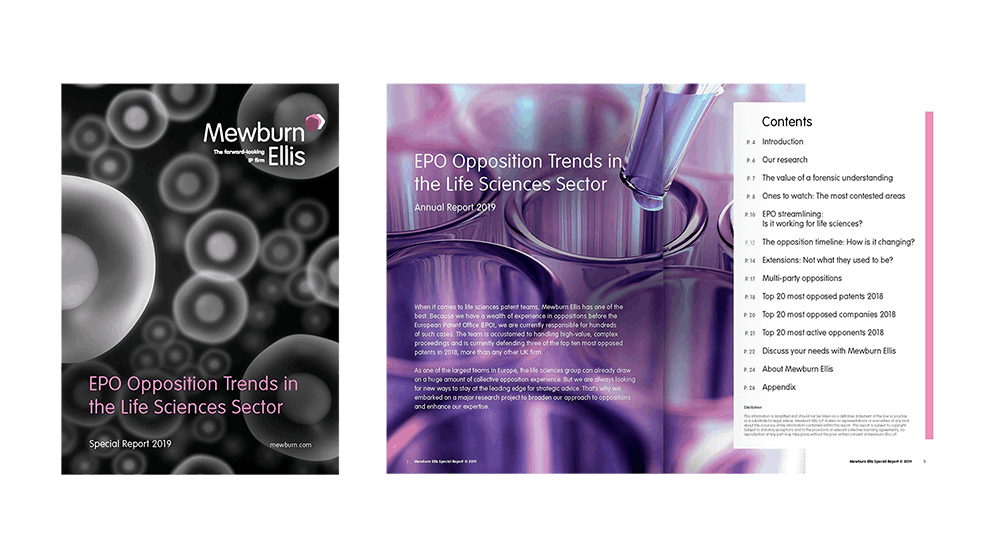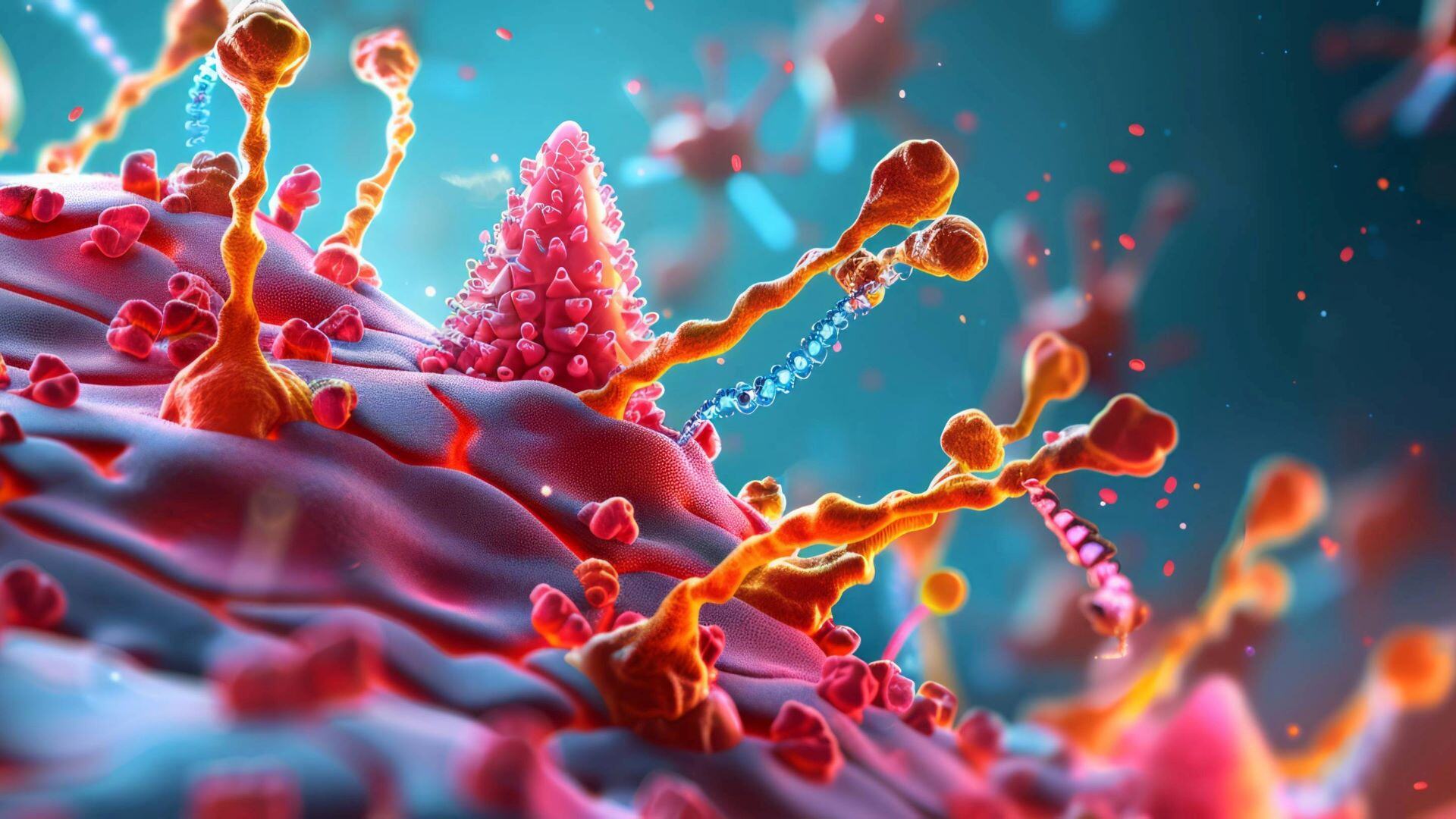Synthetic biology harnesses the ability of biological organisms to assemble complex structures from basic ingredients. The term refers to the rational design and construction of new biological parts, devices, organisms and systems, and the re-design of existing, natural biological systems for useful purposes. In addition to improving our understanding of biological systems at a fundamental level, synthetic biology has the potential to revolutionise medicine, agriculture and industry by re-purposing existing biological processes for new applications or devising completely new processes to solve existing problems.
Since the initial engineering of synthetic genetic circuits at the turn of the century, the field has expanded enormously, with an explosion in the number of newly designed genetic circuits in bacteria and eukaryotes. These circuits have laid the foundations for the development of useful tools to address some of the biggest environmental and humanitarian challenges facing humankind. Although the field is still in its infancy, successful examples have so far included the production of anti-malarial drug precursors in bacteria and yeast, the development of simple, inexpensive biosensors to monitor water quality based on DNA-encoded sensing elements, the engineering of bacterial cells to produce dye pigments allowing the replacement of toxic chemicals traditionally used in dye production and the engineering plants to detoxify explosives that contaminate soil. The design of standardised, DNA-encoded parts (curated at the MIT ‘Registry of Standard Biological Parts') allows the available components (or biobricks) to be combined in a modular fashion, which has reduced development time, expanded the number of applications and lowered the technical and financial barriers to entry.
The specialised team at Mewburn Ellis are well placed to advise on your portfolio in this field. We have technical backgrounds in biotechnology, genetic engineering and synthetic biology and considerable experience in drafting, prosecuting and defending patent applications concerning these technologies. As a firm, we have a track record of shaping key legal developments in these areas and are continually adapting our approach to reflect the changing technological and legal environment. We are excited to be working with innovative companies, research institutes and universities at the cutting edge of developments in synthetic biology as the field and the legal landscape around it matures. We look forward to hearing how we can help you!















